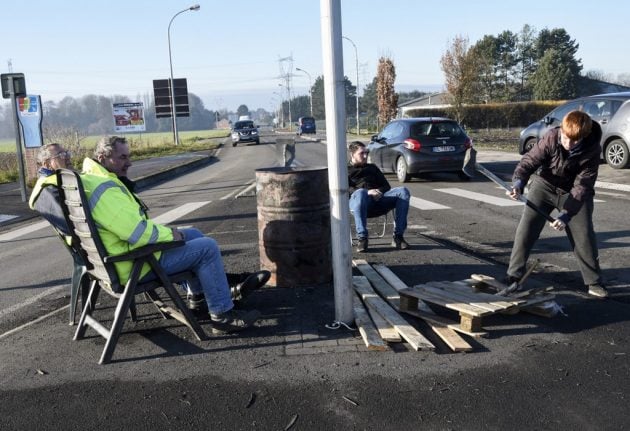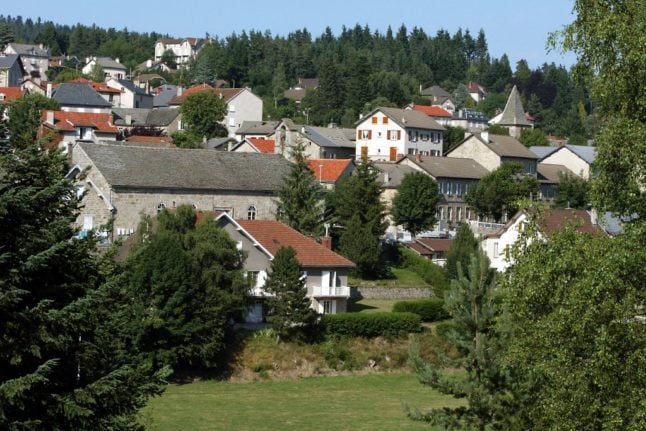A lack of public transport, cuts to services such as schooling and health and high petrol prices in areas outside the big cities were some of the issues that sparked the months of 'yellow vest' protests, with many from such areas saying they had been forgotten by the politicians in the big cities.
Yet in spite of that, the latest survey of French people asking them where they would like to live showed a clear preference for life outside the city.
Asked where they would ideally like to live, 45 percent of them said in a rural setting, 41 percent in an average-sized ville (town or city) and only 13 percent in a metropolis.
And according to the data, the answers between different age groups didn’t really vary either.
“The survey shows that life in rural France is much more sought after than anything urban”, researchers at the Centre for Political Research at Sciences Po (Cevipof) and the Association of Mayors (AMF) said about their study.
“When it comes to urban areas, medium-sized cities and towns are much more attractive than cities with 200,000 or more inhabitants”.
“(This goes against) misconceptions about the territorial divide,” said Luc Rouban, director of research at Cevipof.
“The most common explanation given for the “yellow vest” movement is that people in France’s rural peripheries, feeling increasingly deprived of private or public services, now oppose attractive metropolitan agglomerations where wealth is concentrated.”
For Rouban this “lack of local services” in rural areas hasn’t produced “any hostility towards the countryside”.
READ MORE:
- These are the biggest challenges of living in rural France
- The trials and tribulations of moving to rural France

In fact, it’s big cities that are seen rather as “destinations imposed on people by their offer of employment or their educational resources”.
A more pleasant living environment and cheaper property prices were the main reasons given by the 15,000 people surveyed for preferring la campagne.
However, rural areas (communes with fewer than 3,500 inhabitants) didn’t rank high when it came to public transport availability, access to cultural services or places that promote socialising.
READ ALSO Medical deserts – why one in three French towns do not have enough doctors
And yet with regard to other negative points usually associated with life in the French countryside – education, access to police/security and high-speed internet – communes in rural France scored a relatively good mark.



 Please whitelist us to continue reading.
Please whitelist us to continue reading.
Member comments